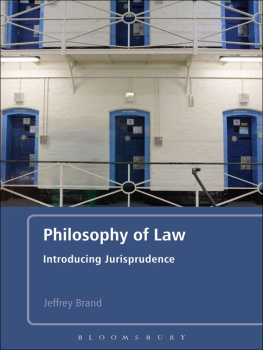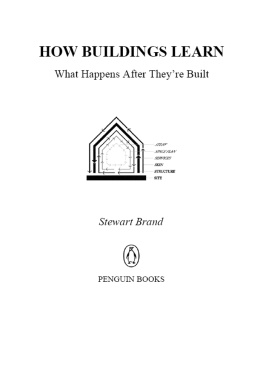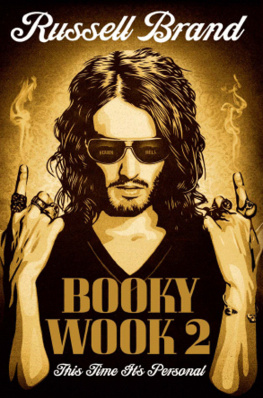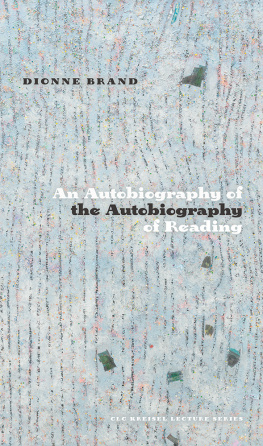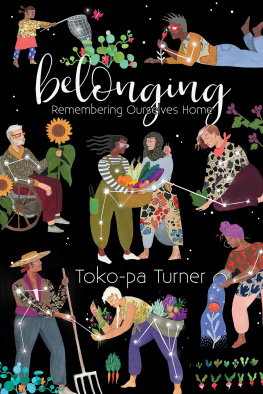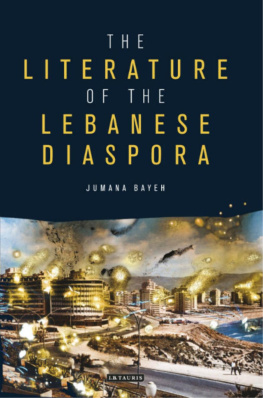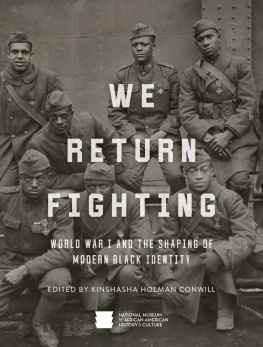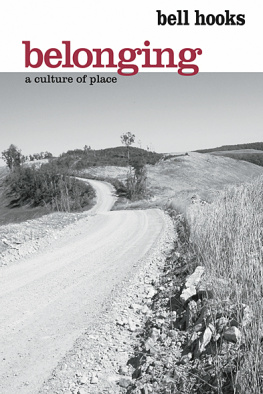Also by Dionne Brand
FICTION
At the Full and Change of the Moon
In Another Place, Not Here
NON-FICTION
Bread out of Stone
POETRY
No Language is Neutral
Land to Light On
Chronicles of the Hostile Sun
VINTAGE CANADA EDITION
Copyright 2001 Dionne Brand
All rights reserved under International and Pan-American Copyright Conventions.
No part of this book may be reproduced in any form or by any electronic or mechanical means, including information storage and retrieval systems, without permission in writing from the publisher, except by a reviewer, who may quote brief passages in a review.
Published in Canada by Vintage Canada, a division of Random House of Canada Limited, Toronto. Originally published in hardcover in Canada by Doubleday Canada, a division of Random House of Canada Limited, Toronto, in 2001. Distributed by Random House of Canada Limited, Toronto
Vintage Canada and colophon are registered trademarks of Random House of Canada Limited.
Arriving at Desire appeared in Desire in Seven Voices, edited by Lorna Crozier; sections of Up Here were previously published in Toronto Life.
National Library of Canada Cataloguing in Publication Data
Brand, Dionne, 1953
A map to the door of no return : notes to belonging / Dionne Brand.
eISBN: 978-0-385-67483-6
1. Brand, Dionne, 1953 . 2. Authors, Canadian (English)20th centuryBiography. 3. BlacksCanadaRace identity. 4. BlacksCanadaSocial conditions. I. Title.
PS8553.R275Z53 2002 c818.5409 C2002-902620-2
PR9199.3.B683Z47 2002
www.randomhouse.ca
v3.1
Dedicated
to the other dwellers of the door
Contents
There are maps to the Door of No Return. The physical door. They are well worn, gone over by cartographer after cartographer, refined from Ptolemys Geographia to orbital photographs and magnetic field imaging satellites. But to the Door of No Return which is illuminated in the consciousness of Blacks in the Diaspora there are no maps. This door is not mere physicality. It is a spiritual location. It is also perhaps a psychic destination. Since leaving was never voluntary, return was, and still may be, an intention, however deeply buried. There is as it says no way in; no return.
A Circumstantial Account of a State of Things
My grandfather said he knew what people we came from. I reeled off all the names I knew. Yoruba? Ibo? Ashanti? Mandingo? He said no to all of them, saying that he would know it if he heard it. I was thirteen. I was anxious for him to remember.
I pestered him for days. He told me to stop bothering him and that he would remember. Or stop bothering or else he would not remember. I hovered about him in any room in which he rested. I followed him around asking him if he wanted me to do this or that for him, clean his glasses, polish his shoes, bring his tea. I studied him intently when he came home. I searched the grey bristles of his moustache for any flicker which might suggest he was about to speak. He raised his Sunday Guardian newspaper to block my view. He shooed me away, telling me to find some book to read or work to do. At times it seemed as if Papa was on the brink of remembering. I imagined pulling the word off his tongue if only I knew the first syllable.
I scoured the San Fernando library and found no other lists of names at the time. Having no way of finding other names, I could only repeat the ones I knew, asking him if he was sure it wasnt Yoruba, how about Ashanti? I couldnt help myself. I wanted to be either one. I had heard that they were noble people. But I could also be Ibo; I had heard that they were gentle. And I had followed the war in Biafra. I was on their side.
Papa never remembered. Each week he came I asked him had he remembered. Each week he told me no. Then I stopped asking. He was disappointed. I was disappointed. We lived after that in this mutual disappointment. It was a rift between us. It gathered into a kind of estrangement. After that he grew old. I grew young. A small space opened in me.
I carried this space with me. Over time it has changed shape and light as the question it evoked has changed in appearance and angle. The name of the people we came from has ceased to matter. A name would have comforted a thirteen-year-old. The question however was more complicated, more nuanced. That moment between my grandfather and I several decades ago revealed a tear in the world. A steady answer would have mended this fault line quickly. I would have proceeded happily with a simple name. I may have played with it for a few days and then stored it away. Forgotten. But the rupture this exchange with my grandfather revealed was greater than the need for familial bonds. It was a rupture in history, a rupture in the quality of being. It was also a physical rupture, a rupture of geography.
My grandfather and I recognized this, which is why we were mutually disappointed. And which is why he could not lie to me. It would have been very easy to confirm any of the names Id proposed to him. But he could not do this because he too faced this moment of rupture. We were not from the place where we lived and we could not remember where we were from or who we were. My grandfather could not summon up a vision of landscape or a people which would add up to a name. And it was profoundly disturbing.
Having no name to call on was having no past; having no past pointed to the fissure between the past and the present. That fissure is represented in the Door of No Return: that place where our ancestors departed one world for another; the Old World for the New. The place where all names were forgotten and all beginnings recast. In some desolate sense it was the creation place of Blacks in the New World Diaspora at the same time that it signified the end of traceable beginnings. Beginnings that can be noted through a name or a set of family stories that extend farther into the past than five hundred or so years, or the kinds of beginnings that can be expressed in a name which in turn marked out territory or occupation. I am interested in exploring this creation place the Door of No Return, a place emptied of beginnings as a site of belonging or unbelonging.
Maps
The rufous hummingbird travels five thousand miles from summer home to winter home and back. This hummingbird can fit into the palm of a hand. Its body defies the known physics of energy and flight. It knew its way before all known map-makers. It is a bird whose origins and paths are the blood of its small body. It is a bird whose desire to find its way depends on drops of nectar from flowers.
Water
Water is the first thing in my imagination. Over the reaches of the eyes at Guaya when I was a little girl, I knew that there was still more water. All beginning in water, all ending in water. Turquoise, aquamarine, deep green, deep blue, ink blue, navy, blue-black cerulean water.
To the south of this island on a clear day you could see the mainland of South America. Women and men with a tinge of red in the black of their faces and a burnt copper to their hair would arrive from the mainland to this island fleeing husbands or the law, or fleeing life. To the north was the hinterland of Trinidad, leading to the city which someone with great ambition in another century called Port-of-Spain. To the west was the birds beak of Venezuela and to the east, the immense Atlantic gaping to Africa.
The sea behind the house where I was born was a rough country sea, with a long wide shining white beach. I recall waking up each day to discover what it had brought us, and what it had carried away. The word


